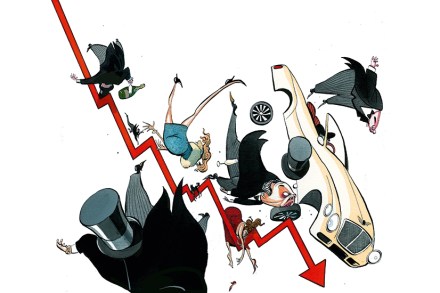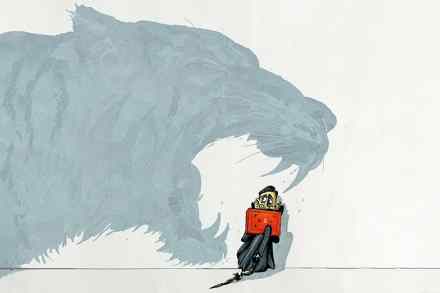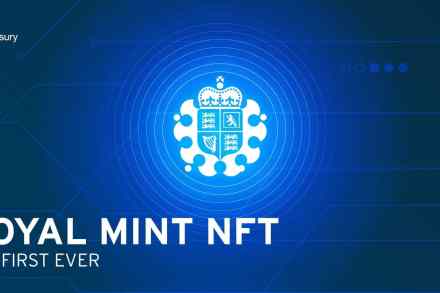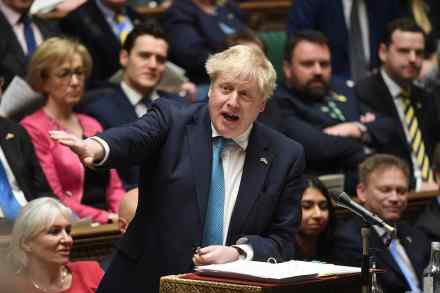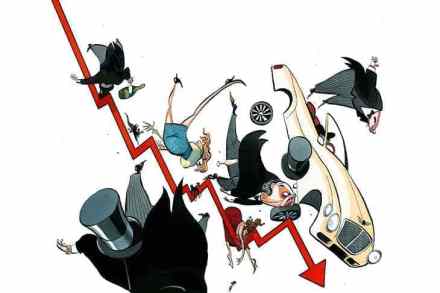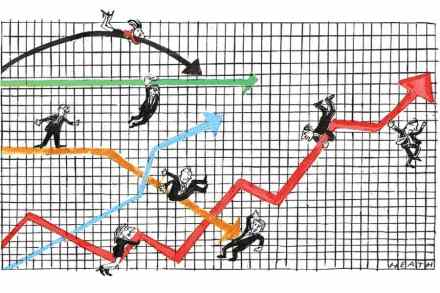If Sunak goes the Treasury needs a real low-tax Tory
It could be Kwasi Kwarteng, the business minister. Or Nadhim Zahawi, the education minister, and before that the minister who helped make the vaccine roll-out such a success. Or perhaps Sajid Javid will even get his old job back. With an investigation opening into his financial affairs, and with questions over his judgment growing by the day, the Chancellor Rishi Sunak is increasingly damaged goods. It won’t be long before there is speculation about who will get the second most important job in British politics. But hold on. It doesn’t matter so much who moves into No. 11. What is important is that the next Chancellor clears out Sunak’s policies


